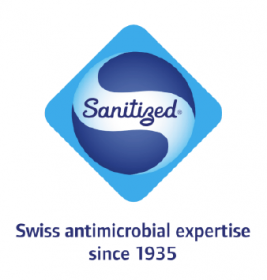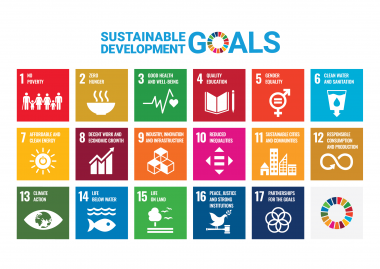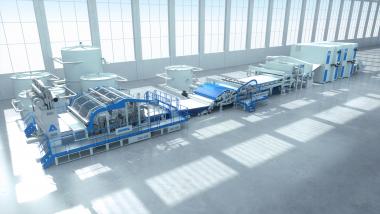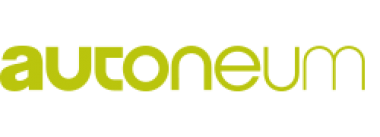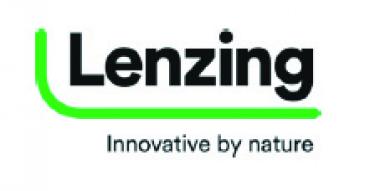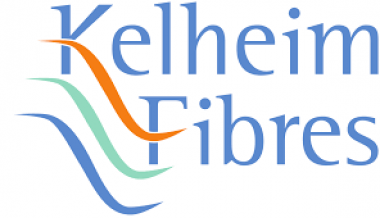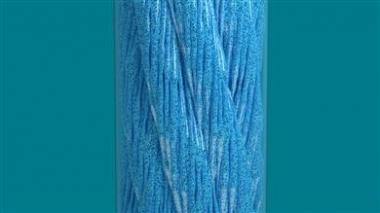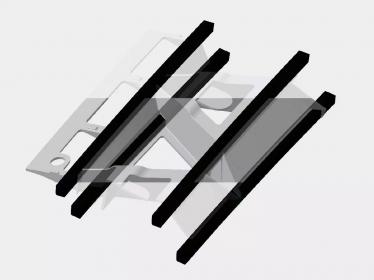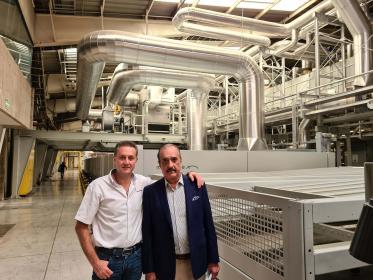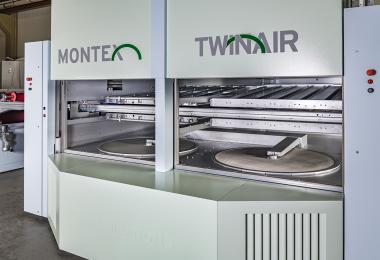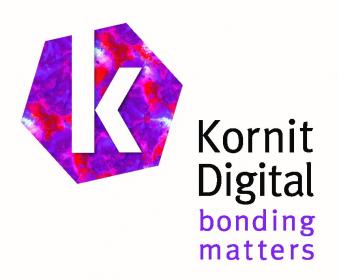NCTO Welcomes Senate Passage of U.S. Innovation and Competition Act
- Key Provision Guarantees Long-Term Contracts for Domestic PPE
The National Council of Textile Organizations (NCTO), representing the full spectrum of U.S. textiles from fiber through finished products, issued a statement today welcoming Senate passage of the bipartisan U.S. Innovation and Competition Act (USICA). As part of the bill’s effort to address overall manufacturing and technology competitiveness issues from the perspective of the U.S.-China relationship, the legislation will help reconstitute a domestic supply chain for personal protective equipment (PPE).
“We commend the Senate for ushering the bipartisan USICA, designed to make the U.S. more globally competitive against China, across the finish line which includes an important provision to help onshore personal protective equipment (PPE) production,” said NCTO President and CEO Kim Glas.
“We sincerely thank Senator Rob Portman (R-OH) and Senator Gary Peters (D-MI) for working to include their Make PPE in America Act in the USICA, a critical priority of the U.S. textile industry,” Glas said. “This language will help onshore critical production of medical personal protective equipment (PPE) by guaranteeing long-term contracts for American-made PPE and establishing a much-need domestic procurement requirement for federal purchases of these essential products. It will ensure that that U.S. taxpayer dollars are utilized to construct and secure a domestic production chain for the manufacture of lifesaving PPE and other essential medical supplies,” Glas said.
NCTO led an industry and labor coalition effort supporting the inclusion of the Make PPE in America Act in the USICA. The USICA contains the key provisions of the Portman-Peters bill that ensures all PPE purchased by the Departments of Homeland Security, Health and Human Services and Veterans Affairs are Berry Amendment-compliant and guarantees long-term contracts for these critical items to incentivize domestic production.
“While we support the overall USICA package, which includes many items of critical importance to the U.S. textile industry, our industry is extremely concerned about a provision that was added in the eleventh hour that could sidetrack the critical effort to onshore a self-sufficient PPE industry,” Glas added. “This harmful provision would unilaterally suspend normal tariffs and penalties assessed on PPE imports for two years. Doing so would allow China to maintain its stranglehold on the U.S. PPE market, while working at cross-purposes with other provisions of the bill designed to incentivize much needed investment in domestic PPE manufacturing. U.S. manufacturers retooled production and have significant idle capacity. It is critical that the House of Representatives strike this damaging language if this legislative package is considered.
“Congress and the administration need to keep PPE tariffs in place to support U.S. businesses and workers who abide by higher labor, environmental and production standards. The industry reconstituted supply chains to help healthcare frontline workers. Our industry has significant capacity to help meet U.S. medical needs. This provision is the absolute wrong message to send to American manufacturers and its workforce.” Glas noted.
NCTO National Council of Textile Organizations personal protective equipment textile industry USA
National Council of Textile Organizations







